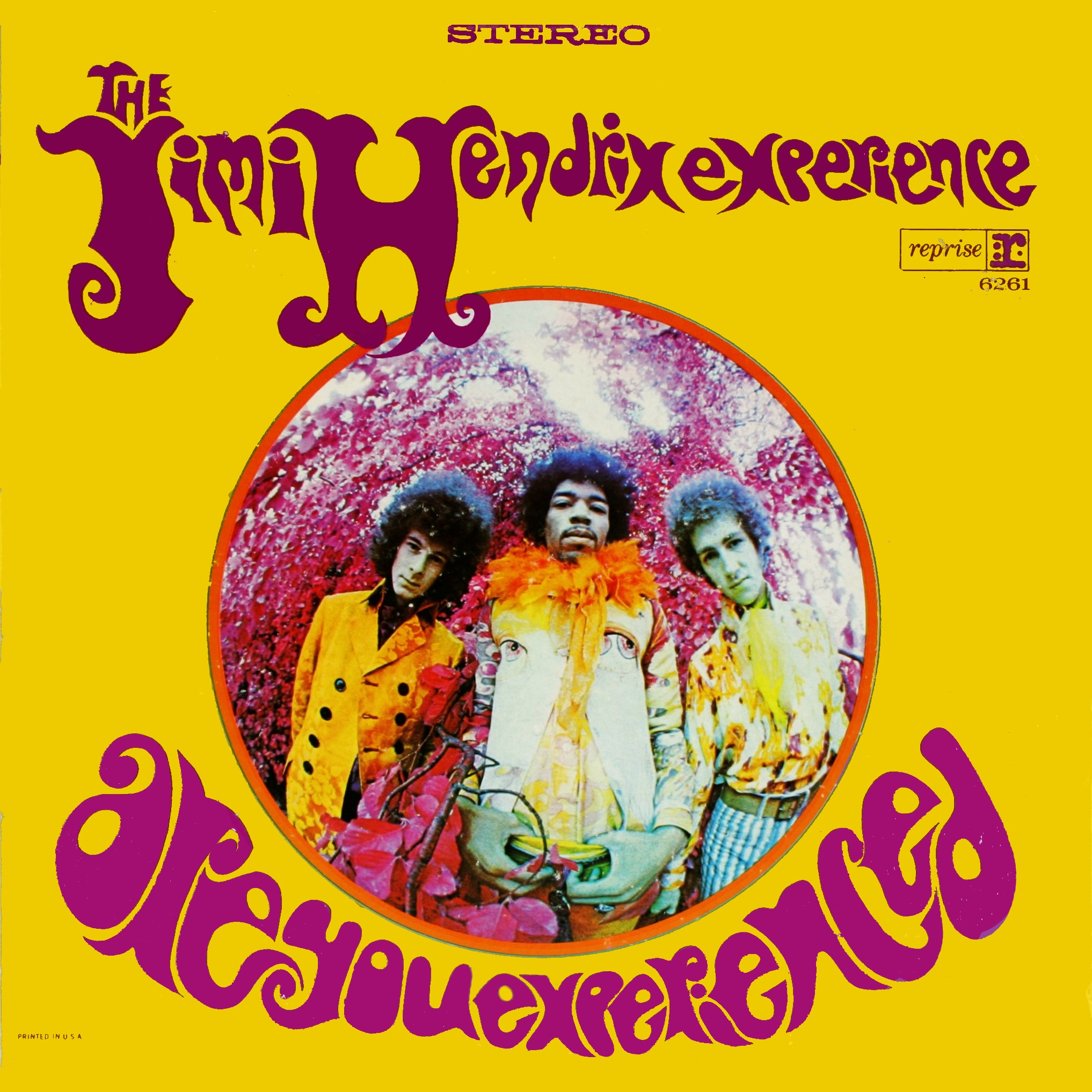|
Ingratiate Oneself
''Tou hou ji gei'' Yale Romanization, meaning ''Please Myself'' or ''Ingratiate Oneself'',Maximum rocknroll No.191 1999 "Faye Wong "Di Dar" TP $4 Faye Wong "Ingratiate Oneself" TP S4" (Cantonese: 討好 自己; ''Tou hou zi gei'' Jyutping) is a 1994 Cantonese album recorded by Chinese Cantopop singer Faye Wong as 王靖雯 Wong Ching Man, when she was based in Hong Kong. Cinepoly Records released this album in December, only a few months after her highly influential alternative music Cantonese album '' Random Thoughts'' and her second Mandarin album ''Sky''. It did not match them in terms of commercial success. Faye Wong composed the songs "Ingratiate Oneself" and "Exit" herself, and these continued her move into alternative music. The remaining songs were more conventional in genre. The lyrics are all in Cantonese except for "Exit" in Mandarin. She spoke rather than sang the words to this song, so that it is sometimes described as a rap. Somewhat pessimistic in outlook, it wa ... [...More Info...] [...Related Items...] OR: [Wikipedia] [Google] [Baidu] |
Faye Wong
Faye Wong ( zh, 王菲; born Xia Lin on 8 August 1969) is a Hong Kong singer-songwriter. Early in her career she briefly used the stage name Shirley Wong. Born in Beijing, she moved to Hong Kong in 1987 and her debut album '' Shirley Wong'' (1989) came to public attention in the early 1990s by singing in Cantonese, often combining alternative music with mainstream Chinese pop. Since 1994, she has recorded mostly in her native Mandarin. In 2000, she was recognised by Guinness World Records as the "Best Selling Canto-Pop Female". Following her second marriage in 2005, she withdrew from the limelight, but returned to the stage in 2010. Hugely popular in Hong Kong, Taiwan, China and Singapore, she has also gained a large following in Japan. In the West she is perhaps best known for starring in Wong Kar-wai's films ''Chungking Express'' (1994) and ''2046'' (2004). While she has collaborated with international artists such as Cocteau Twins, Wong recorded only a few songs in Englis ... [...More Info...] [...Related Items...] OR: [Wikipedia] [Google] [Baidu] |
Cantonese
Cantonese ( zh, t=廣東話, s=广东话, first=t, cy=Gwóngdūng wá) is a language within the Chinese (Sinitic) branch of the Sino-Tibetan languages originating from the city of Guangzhou (historically known as Canton) and its surrounding area in Southeastern China. It is the traditional prestige variety of the Yue Chinese dialect group, which has over 80 million native speakers. While the term ''Cantonese'' specifically refers to the prestige variety, it is often used to refer to the entire Yue subgroup of Chinese, including related but largely mutually unintelligible languages and dialects such as Taishanese. Cantonese is viewed as a vital and inseparable part of the cultural identity for its native speakers across large swaths of Southeastern China, Hong Kong and Macau, as well as in overseas communities. In mainland China, it is the ''lingua franca'' of the province of Guangdong (being the majority language of the Pearl River Delta) and neighbouring areas such as Guang ... [...More Info...] [...Related Items...] OR: [Wikipedia] [Google] [Baidu] |
Faye Wong Albums
__NOTOC__ Faye may refer to: Places * Faye, Loir-et-Cher, France, a village * Faye-d'Anjou, France, a village * La Faye, France, a village * Faye, Kentucky, Elliott County, Kentucky, United States * Faye (crater), a lunar impact crater in the southern highlands of the Moon People and fictional characters * Faye (given name), including a list of people and fictional characters * Faye (surname), including a list of people * Faye (musician), stage name of Swedish singer, songwriter, and model Fanny Matilda Dagmar Hamlin (born 1987) * Faye (Taiwanese singer), member of the Taiwanese band F.I.R. Other uses * Hurricane Faye (1975) * 4P/Faye, a periodic comet discovered in 1843 by Hervé Faye See also * Fay (other) * Fey (other) Fey may refer to: Places * Féy, Moselle, France * Fey, Switzerland People * Fey (name), and persons with the name * Fey (singer) (born 1973), vocalist Arts, entertainment, and media Fictional entities * Fey (''Dungeons & Dragons''), a f ... [...More Info...] [...Related Items...] OR: [Wikipedia] [Google] [Baidu] |
1994 Albums
This is a list of notable events in music that took place in the year 1994. Specific locations * 1994 in British music * 1994 in Norwegian music Specific genres *1994 in country music * 1994 in heavy metal music * 1994 in hip hop music * 1994 in Latin music * 1994 in jazz Events January–February *January 19 – Bryan Adams becomes the first major Western music star to perform in Vietnam since the end of the Vietnam War. *January 21–February 5 – The Big Day Out festival takes place, again expanding from the previous year's venues to include the Gold Coast, Queensland and Auckland in New Zealand. The festival is headlined by Soundgarden, Ramones and Björk. *January 25 – Alice in Chains release their ''Jar of Flies'' album which makes its US chart debut at No. 1 on the Billboard 200, becoming the first ever EP to do so. *January 29 – The Supremes' Mary Wilson is injured when her Jeep hits a freeway median and flips over just outside Los Angeles, USA. Wilson's 14-y ... [...More Info...] [...Related Items...] OR: [Wikipedia] [Google] [Baidu] |
Album Cover
An album cover (also referred to as album art) is the front packaging art of a commercially released studio album or other audio recordings. The term can refer to either the printed paperboard covers typically used to package sets of and 78-rpm records, single and sets of LPs, sets of 45 rpm records (either in several connected sleeves or a box), or the front-facing panel of a cassette J-card or CD package, and, increasingly, the primary image accompanying a digital download of the album, or of its individual tracks. In the case of all types of tangible records, it also serves as part of the protective sleeve. Early history Around 1910, 78-rpm records replaced the phonograph cylinder as the medium for recorded sound. The 78-rpm records were issued in both 10- and 12-inch diameter sizes and were usually sold separately, in brown paper or cardboard sleeves that were sometimes plain and sometimes printed to show the producer or the retailer's name. These were invariably ... [...More Info...] [...Related Items...] OR: [Wikipedia] [Google] [Baidu] |
The Sundays
The Sundays were an English alternative rock band, formed in the late 1980s, which released three albums throughout the 1990s. The band's beginnings came with the meeting of singer Harriet Wheeler and guitarist David Gavurin while attending Bristol University. Wheeler had played gigs with Cruel Shoes, an early incarnation of the band Jim Jiminee. The duo soon augmented the band with bassist Paul Brindley and drummer Patrick Hannan. The Sundays secured a recording contract with Rough Trade Records. Their debut single was "Can't Be Sure". Their first album, ''Reading, Writing and Arithmetic'', was released in 1990, along with their next single "Here's Where the Story Ends", and became a UK top 5 hit. The band were often missidentified as being The Primitives another UK based alternative rock band from Coventry as their vocalists had very similar voices. With Rough Trade's financial troubles and the band's decision to manage themselves, the Sundays' next single, "Goodbye", did ... [...More Info...] [...Related Items...] OR: [Wikipedia] [Google] [Baidu] |
Here's Where The Story Ends
"Here's Where the Story Ends" is a song by English alternative rock band the Sundays, released as the second single from their debut album '' Reading, Writing and Arithmetic''. Although it was the Sundays' biggest hit internationally, topping the U.S. Modern Rock Tracks chart for one week, the track was never released as a single in the group's native United Kingdom due to the collapse of the Rough Trade Records label. Nonetheless, it achieved a No. 36 placing in John Peel's Festive Fifty for 1990. Many artists have covered this song, including Chinese star Faye Wong as "Being Criminal" on '' Ingratiate Oneself'' in 1994, and Tin Tin Out who reached number seven on the UK Singles Chart in 1998, as well as No. 15 on the U.S. Hot Dance Music/Club Play chart. Tin Tin Out's cover version also earned the song the 1999 Ivor Novello Award for "Best Contemporary Song". Crystal Bowersox covered the song on her second album, '' All That for This''. Reception ''Pitchfork'' said the ... [...More Info...] [...Related Items...] OR: [Wikipedia] [Google] [Baidu] |
Rapping
Rapping (also rhyming, spitting, emceeing or MCing) is a musical form of vocal delivery that incorporates "rhyme, rhythmic speech, and street vernacular". It is performed or chanted, usually over a backing beat or musical accompaniment. The components of rap include "content" (what is being said), "flow" (rhythm, rhyme), and "delivery" (cadence, tone). Rap differs from spoken-word poetry in that it is usually performed off-time to musical accompaniment. Rap is a primary ingredient of hip hop music commonly associated with that genre; however, the origins of rap predate hip-hop culture by many years. Precursors to modern rap include the West African griot tradition, Cockney rhyming slang, certain vocal styles of blues, jazz, 1960s African-American poetry and ''Sprechgesang''. The use of rap in popular music originated in the Bronx, New York City in the 1970s, alongside the hip hop genre and cultural movement. Rapping developed from the role of master of ceremonies (MC) at ... [...More Info...] [...Related Items...] OR: [Wikipedia] [Google] [Baidu] |
Standard Chinese
Standard Chinese ()—in linguistics Standard Northern Mandarin or Standard Beijing Mandarin, in common speech simply Mandarin, better qualified as Standard Mandarin, Modern Standard Mandarin or Standard Mandarin Chinese—is a modern Standard language, standardized form of Mandarin Chinese that was first developed during the Republic of China (1912–1949), Republican Era (1912‒1949). It is designated as the official language of Languages of China, mainland China and a major language in the United Nations languages, United Nations, Languages of Singapore, Singapore, and Languages of Taiwan, Taiwan. It is largely based on the Beijing dialect. Standard Chinese is a pluricentric language with local standards in mainland China, Taiwan and Singapore that mainly differ in their lexicon. Hong Kong written Chinese, used for formal written communication in Hong Kong and Macau, is a form of Standard Chinese that is read aloud with the Cantonese reading of characters. Like other Sinit ... [...More Info...] [...Related Items...] OR: [Wikipedia] [Google] [Baidu] |
Random Thoughts (Faye Wong Album)
''Random Thoughts'' (), alternatively ''Thinking Here and There'' or ''Wondering Music'', is the translated title of a 1994 Cantonese album recorded by Chinese Cantopop singer Faye Wong when she was based in Hong Kong. It confirmed her move into alternative music and covers songs by the Cocteau Twins, whose influence she readily acknowledged. The title track "Random Thoughts" is a cover of the Cocteau Twins' "Bluebeard". Track 5, "Know Oneself and Each Other", covered their song "Know Who You Are at Every Age", which was likewise from their 1993 album ''Four-Calendar Café''. "Dream Lover" (sometimes translated "Person in a Dream") is a cover of The Cranberries' "Dreams". It was a successful hit single, and was featured in Wong Kar-wai's critically acclaimed film ''Chungking Express'' in which Faye Wong also starred. She also recorded a Mandarin version, "Elude", on ''Sky''. Both versions are still played frequently in Chinese media. [...More Info...] [...Related Items...] OR: [Wikipedia] [Google] [Baidu] |
Alternative Pop
Alternative rock, or alt-rock, is a category of rock music that emerged from the independent music underground of the 1970s and became widely popular in the 1990s. "Alternative" refers to the genre's distinction from mainstream or commercial rock or pop music. The term's original meaning was broader, referring to musicians influenced by the musical style or independent, DIY ethos of late-1970s punk rock.di Perna, Alan. "Brave Noise—The History of Alternative Rock Guitar". ''Guitar World''. December 1995. Traditionally, alternative rock varied in terms of its sound, social context, and regional roots. Throughout the 1980s, magazines and zines, college radio airplay, and word of mouth had increased the prominence and highlighted the diversity of alternative rock's distinct styles (and music scenes), such as noise pop, indie rock, grunge, and shoegaze. In September 1988, ''Billboard'' introduced "alternative" into their charting system to reflect the rise of the format across ... [...More Info...] [...Related Items...] OR: [Wikipedia] [Google] [Baidu] |
Cantopop
Cantopop (a contraction of "Cantonese pop music") or HK-pop (short for "Hong Kong pop music") is a genre of pop music written in standard Chinese and sung in Cantonese. Cantopop is also used to refer to the cultural context of its production and consumption. The genre began in the 1970s and became associated with Hong Kong popular music from the middle of the decade. Cantopop then reached its height of popularity in the 1980s and 1990s before slowly declining in the 2000s and experiencing a slight revival in the 2010s. The term "Cantopop" itself was coined in 1978 after "Cantorock", a term first used in 1974. In the eighties Cantopop has reached its highest glory with fanbase and concerts from allover the world, especially from Mainland China, Taiwan, Singapore, Malaysia, South Korea, and Japan. This is even more obvious with the influx of songs from Hong Kong movies during the time. Besides Western pop music, Cantopop is also influenced by other international genres, includin ... [...More Info...] [...Related Items...] OR: [Wikipedia] [Google] [Baidu] |






